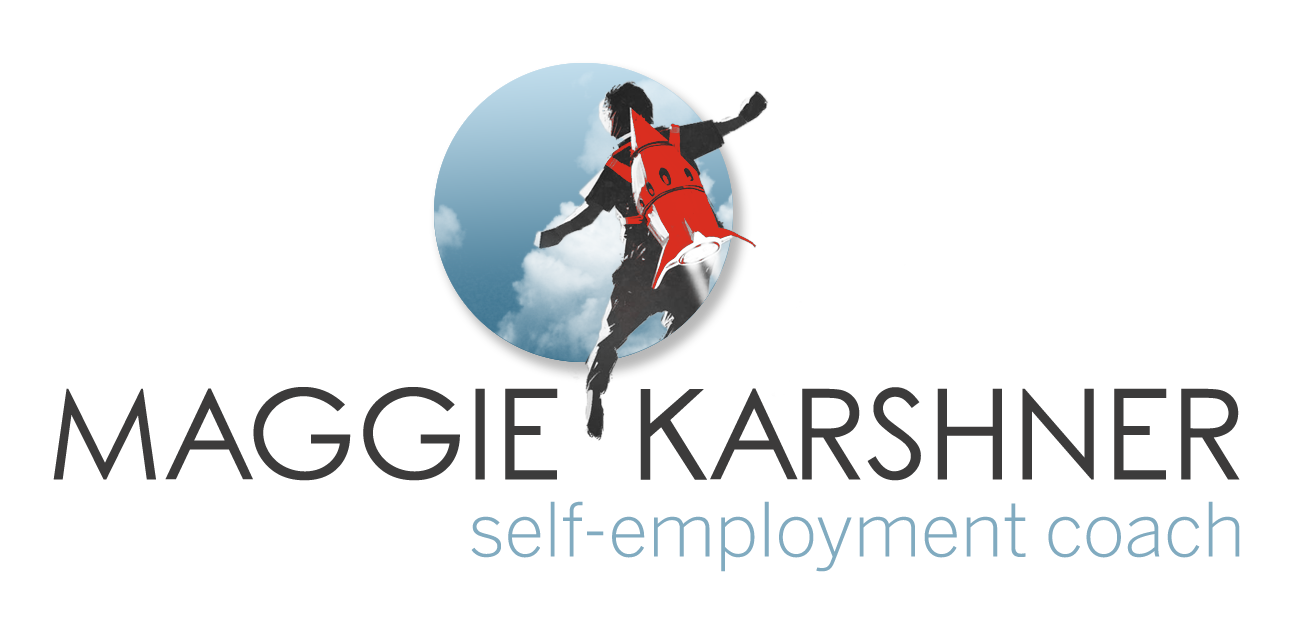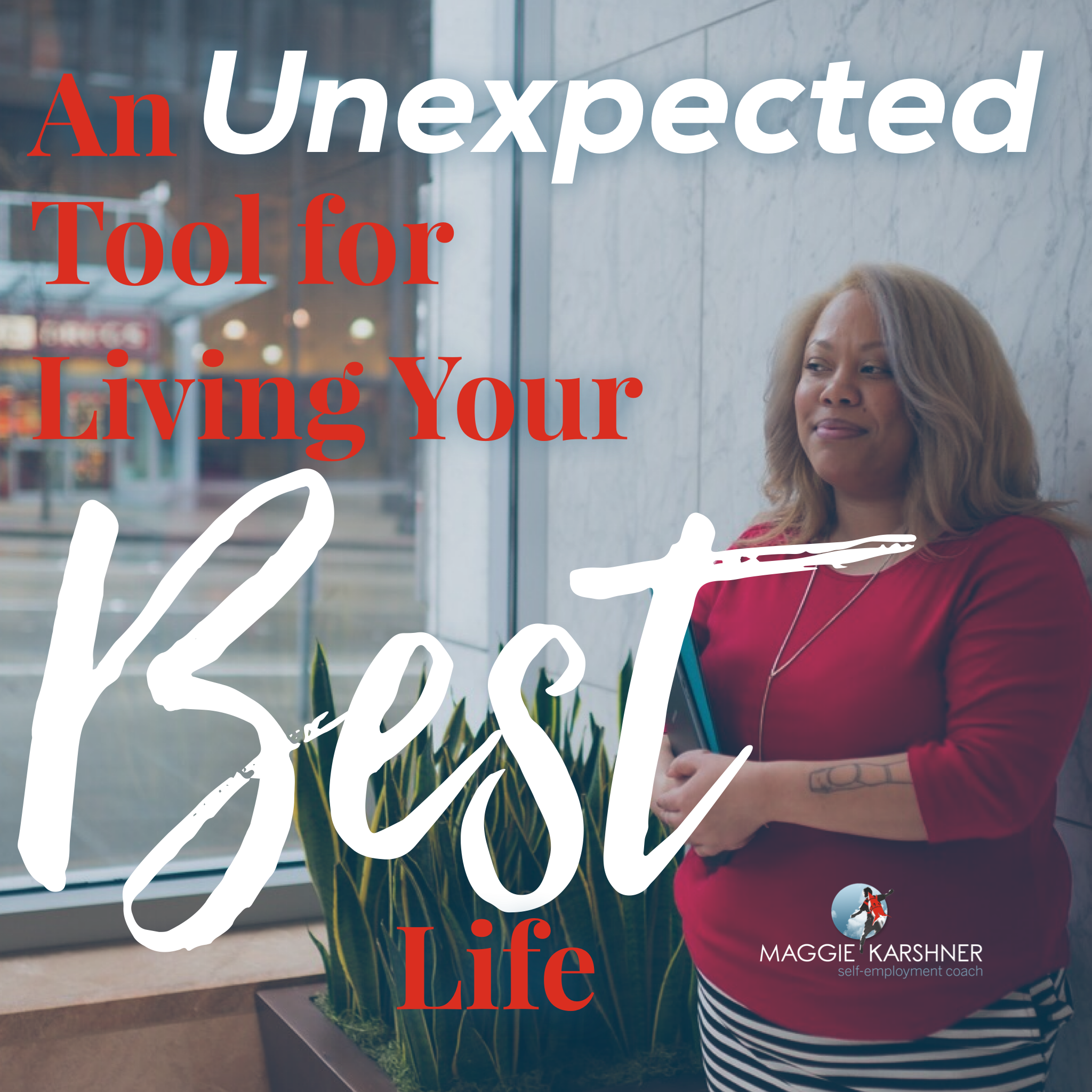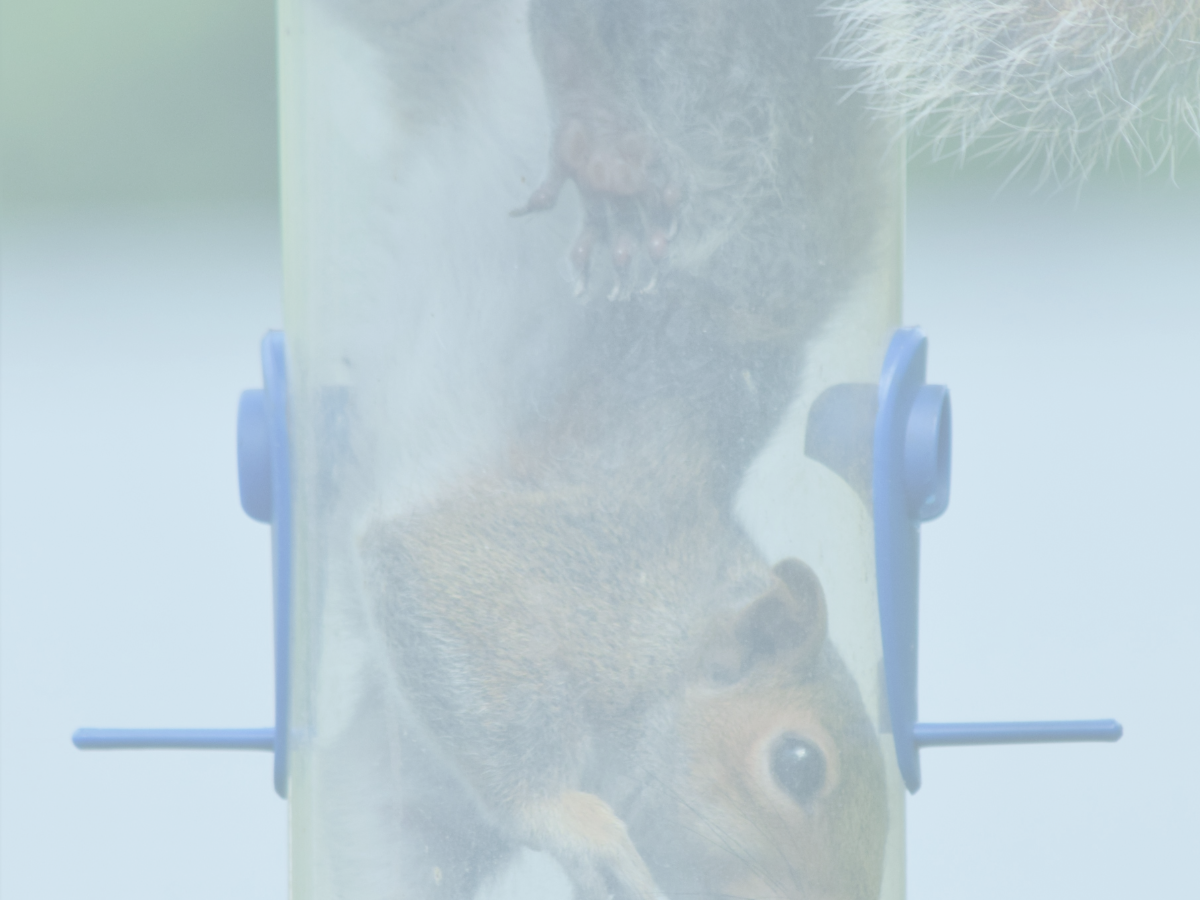An Unexpected Tool for Living Your Best Life
/I've been talking about meditation a lot this month, so I thought I'd share the conversation with all of you. I've found meditation to be a key tool to living my best life. It seems that there are a lot of misconceptions about meditation and how it works (and how you know its working) that I'd like to dispel, and maybe I can help get a couple more people participating in this helpful practice!
Why Meditate?
It seems like many people have heard of meditation and think it's generally a good idea. Beyond that it seems like there is a lot of variety of expectations of what meditation is like and what benefit it provides.
In my experience the practice and outcome are both relatively subtle. The practice isn't a transcendent bliss-filled oasis, but nor is it a hellacious slog through a gauntlet of demons that live in your brain. Similarly the outcome isn't an immediate beatific feeling, but nor is it utterly pointless or exhausting. The good news is that none of these extremes are true.
Is it Working?
Meditation is not magic, it's a practice. In the same way you wouldn't go to the gym one day and expect to be buff the next day, it does take some time to notice the positive effects. The outcome is also far more subtle than ripped muscles (and there's never a sore muscle part.) For me, I know it takes at least a week of practicing regularly in order to notice any outcome.
Even then, "outcome" seems like too strong of a word because of the subtle, indirect nature of what changes. I might notice that life feels a little easier, or more manageable or more pleasant. It becomes a life-line resource in times of stress and hardship, though it doesn't make either "go away" and it's hard to say that's not all in my head. (Isn't everything all in your head?) Missing a day isn't usually noticeable, but missing a week definitely is. I know when I need to get back to my meditation practice because things feel unnecessarily difficult or stuck. Starting to meditate doesn't immediately fix the problem, rather it shifts the whole context such that the previous "problem" is irrelevant. It's subtle and difficult to describe, but maybe you can see what I mean.
With the outcome so nebulous, how do you ensure what you're doing is going to lead to anything at all? Well, this part is pretty easy because if you're doing your practice, then you're doing it right. Meditation is really just a calm time for you to spend time with yourself. It often involves going inwards and observing your mind. It's about "be"ing more than "doing" in a way that is free of judgement. Sometimes the experience is challenging, and on the "bad" days I get done meditating and wonder why I bother. However on the good days, it does feel like my brain is more "in order" and I feel calm and more centered.
“You have a right to perform your prescribed duties, but you are not entitled to the fruits of your actions.”
How to Meditate?
I've noticed that we also get tripped up on actually *doing* meditation because we keep seeking the "perfect" timing, location, or other exterior circumstance. The reality is that any place and time is a perfect time to meditate and you don't need any supplies or quiet environment to do so. That being said, it can be helpful to set yourself up for success. Here are some thoughts:
When?
It seems like every productivity guru out there thinks we should all pop out of bed at 5am and meditate. As a night owl, I highly disagree with anything happening in the morning. Yet, I was rather surprised to discover that morning meditations work best for me (meditating at night made it difficult to get to bed, and first thing in the morning my brain isn't awake enough to come up with an excuse not to do it!)
Another strategy is to tack it on to a regular routine or habit so that it's easier to incorporate into your day. Consider trying out a few different times to see what you like the best. Here are some ideas: upon waking, while coffee brews, before leaving, when arriving (at work? at home?), during lunch, after the gym, after brushing your teeth, before bed.
Where?
You might imagine that the ideal place to meditate would be on a cushion in a pristine room with beautiful soft lighting and a silent ambiance. In truth there is no ideal place to meditate.
It does help to be positioned comfortably and in a way that isn't too encouraging of sleep. I enjoy cross-legged on my sofa, but I've also been known to sit in any given arm chair, or lay on the floor with my legs up the wall. So really: anything that's comfortable.
Your legs can be folded or not folded. Your arms can be by your sides or on your lap. Your hands relaxed however they want to be. Eyes closed is a popular choice since it helps one not to get distracted by the outside world, but there are meditation practices that incorporate open eyes.
A quiet environment is a nice luxury, but also not necessary. The goal of meditating is to turn inward and focus there. While noises and distractions might feel like they're getting in the way of this, they're actually opportunities to focus more. It's like increasing the weight when lifting weights; a little extra challenge can be strengthening!
Supplies?
A specially designed meditation cushion or stool can be a fun accessory, but as I mentioned before, it's really not necessary. I do highly recommend a timer, especially if your brain is a little Type A like mine. Having a timer makes it *so* much easier to turn off that voice that says "oh god! are we late!? We should stop and check the time!" My favorite is the Insight Timer, which offers a plethora of all the most useful features for free. (It does have some additional features that you'd have to pay for.) It includes a feature that lets you set it to chime regularly (I use every 5 min) so that if you start thinking something went wrong with your timer, you can reassure that voice that it doesn't need to worry. It also boasts a variety of chime sounds, background soundscapes, and even guided meditations of a variety of lengths.
How Long?
How long do you want? What feels like a challenging amount of time and start at half that. Maybe you start at 5 min just to get into the habit. Maybe you've done meditations on retreats, so you could challenge yourself to an hour, but you start at 30min. When building a new habit, start with something achievable. And remember, it's about quality not quantity.
OhGodI'mAloneWithMyThoughts, Now What?!?
If you've reached this point, congratulations you're meditating! And let's see what we can do to make the experience more pleasurable. Remember your task at hand is to be with yourself. When your mind-monkeys start running off on various trains of thought, your job is just to gently return them to the task. In much the same way that lifting weights involves picking a thing up and putting it down repeatedly, you can ask your monkeys to return then watch them run off, and then ask them to return again. Success has nothing to do with the monkeys staying on task the whole time, it's about the resiliency to come back to the task. Here are some "tasks" that can help keep monkeys occupied:
Body Scan:
Focus on parts of your body and see how they're doing. Invite them to relax. You can go methodically top to bottom, or listen and see what parts talk to you. Hear what they're saying and let them find peace. Let every piece of your body be heavy and relaxed.
Watching Your Breath:
I picked this one up from Thich Nhat Hanh: just watch your breath. Notice, "I am breathing in" and then "I am breathing out" as your breath naturally does so. There's no need to control or influence your breath, just watch it.
Mantra:
Choose an affirming phrase that you want to bring into your life. Repeat it to yourself. When you notice that your thoughts wandered, come back to that phrase.
Guided Meditation:
If your mind monkeys are particularly active, it can be particularly relieving to have a voice guiding you through your meditation practice. Guided meditations are built into the Insight Timer, but I also have many clients who've created guided meditations. If you'd like to try one of their's here they are:
Marcie Leek at Nourishing Breath Yoga
When to Start Meditating?
Meditation really isn't something that you need to over think. You can do it right now. When you're done reading this article set a timer for 5 minutes, adjust yourself in your seat so you're comfortable, close your eyes and see what happens! ....it's ok, I'll wait....
....
....
....
Congratulations you've just started on your meditation practice! Remember your practice is still a practice even if it's irregular, infrequent, or inconsistent, so the next time you meditate, whenever that is, is still a part of your practice. There's no reason to wait, get started now!




